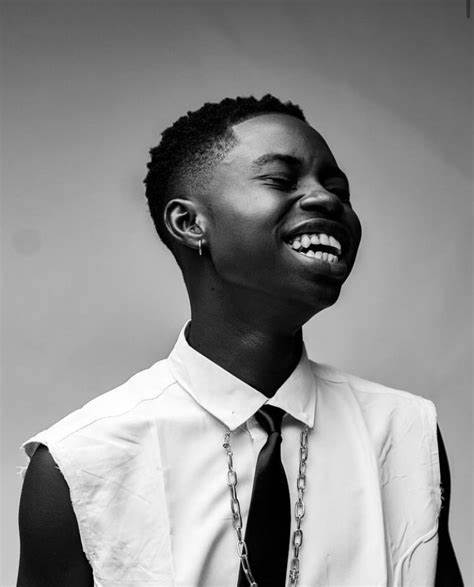Popular TikTok personality Peller has publicly voiced his frustration over a hefty tax demand from the Lagos State Government.
The social media influencer revealed the details during a recent livestream with singer Peruzzi, sparking widespread discussion about taxation for digital content creators in Nigeria.
According to Peller, the Lagos State Internal Revenue Service has asked him to pay N36 million in income tax. “The taskforce said I should pay N36 million for tax. I don’t have anything. I just came into the limelight last year,” he lamented during the livestream, explaining his confusion and frustration.
Peller’s disclosure immediately caught the attention of Peruzzi, who reminded the influencer of his legal obligations as a Nigerian citizen. “Why haven’t you paid your taxes? Do you know you’re supposed to pay tax as a Nigerian? Do you know how much I pay in tax? I won’t mention the exact amount here, but it’s more than the tax bill they gave you,” the singer stated firmly.
Read Also: ‘I am no more a Muslim’, Peller says
Peruzzi encouraged Peller to settle the tax bill to avoid potential legal consequences, including the risk of imprisonment.
He also advised the TikTok star to reach out to the authorities if he needed more time to organise his finances. “You can plead for more time to sort things out. It’s better than ignoring it,” Peruzzi added.
However, Peller insisted that the tax demand was unreasonable. He argued that the government had never supported or rewarded him during any of his TikTok livestreams.
According to him, the authorities are targeting him because he has openly showcased his assets and revealed his earnings on social media.
“I make my money from social media, not from Nigeria. I just started making money last year. Why should I be taxed so heavily when I’m still trying to build my career?” Peller said.
Read Also: ‘I gave up my standard for Peller, now I’m paying the price’, says Jarvis
His comments highlight a growing tension between Nigerian social media stars and the government over how digital earnings are taxed.
The discussion touches on a broader issue affecting many content creators in Nigeria. Social media influencers often earn irregular incomes through livestreams, sponsorships, and brand deals.
While these earnings are legitimate, they can be difficult for authorities to monitor, which sometimes leads to high tax demands that influencers consider unfair.
Peller’s situation also raises questions about how Nigerian tax authorities calculate and enforce taxes on digital earnings. Many online personalities have expressed similar concerns, noting that their revenues fluctuate and that the current tax system does not always account for the unique nature of social media income.
Read Also: TikTok star Peller threatens lawsuit against Pastor Kesiena Esiri over morality claims
During the livestream, Peller emphasised that he had not yet received any direct gifts or financial support from the government. He argued that his rising social media presence should not automatically make him a target for high taxation.
Instead, he believes that digital content creators should be given time and guidance to comply with tax regulations without being overwhelmed by large, sudden demands.
Peruzzi, meanwhile, maintained that paying taxes is a civic duty. He advised Peller to communicate with the authorities, explain his situation, and negotiate a manageable payment plan.
“It’s better to handle this properly than to risk legal trouble. There are ways to make it work,” Peruzzi said.
As the debate continues online, many Nigerians have joined the conversation. Supporters of Peller argue that influencers are being unfairly taxed, while others stress the importance of meeting tax obligations regardless of income source.
The incident reflects a growing dialogue about taxation, social media earnings, and government revenue collection in Nigeria’s rapidly evolving digital economy.
For now, Peller remains firm in his stance, expressing both frustration and concern about the N36 million tax demand. At the same time, he faces pressure to find a solution that will allow him to continue his social media career without running afoul of the law.



